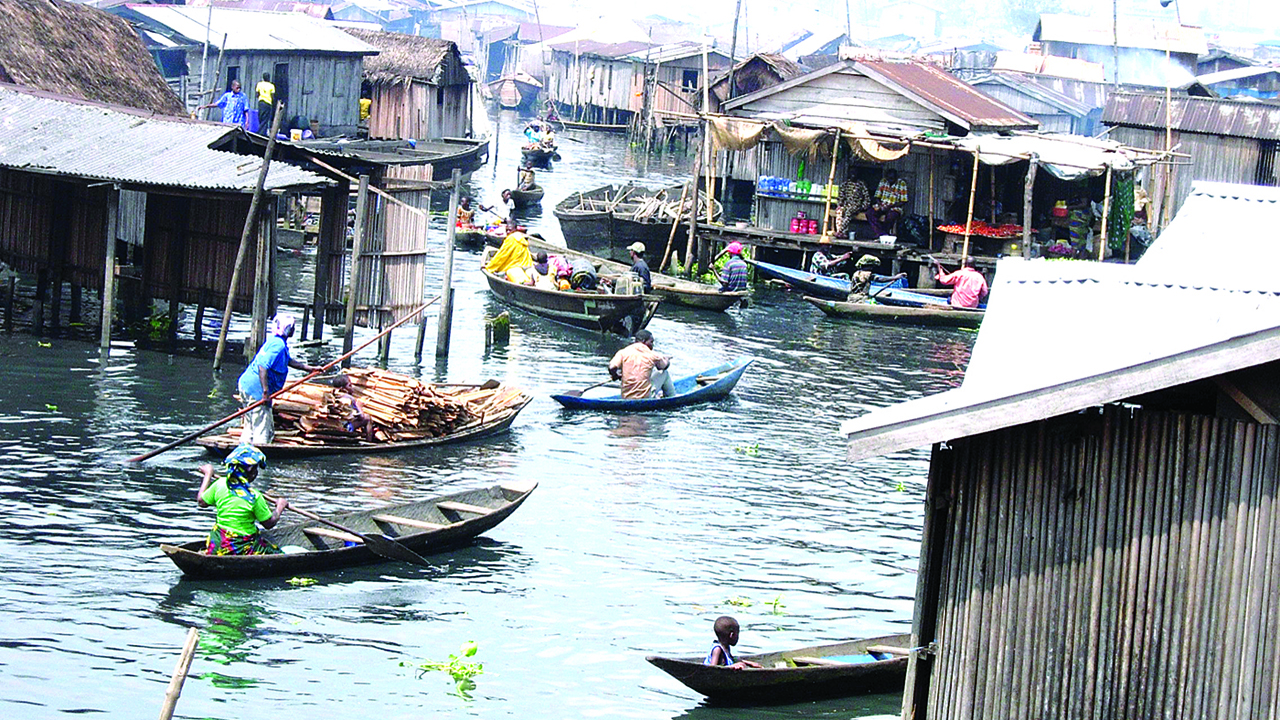• As stakeholders, researchers meet at UNILAG on the preliminary report
United Kingdom-based research group, known as African Cities Research Consortium (ACRC), has begun studies in 13 of Africa’s fastest-growing cities within sub-Saharan Africa, including Lagos and Maiduguri with the potential and need for urban reform.
Led by the University of Manchester, the consortium includes centres of research excellence, frontline humanitarian responders, effective policy influencers, vibrant local government networks and deeply rooted civil society groups. The UK’s Foreign, Commonwealth and Development Office (FCDO) as part of UK Aid are funding the programme, until 2026.
The ACRC has the ambitious aim to generate insights and evidence that will help improve the living conditions, services and life chances of all city residents, particularly in disadvantaged communities.
Other cities selected for the research project are Accra (Ghana), Addis Ababa (Ethiopia), Bukavu (Democratic Republic of Congo), Dar es Salaam (Tanzania), Freetown (Sierra Leone), Harare (Zimbabwe), Kampala (Uganda), Khartoum (Sudan), Lilongwe (Malawi), Mogadishu (Somalia) and Nairobi (Kenya).
Chief Executive Officer (CEO), ACRC, Diana Mitlin, said: “The long-term prospects for much of Africa will hinge on creating more sustainable, equitable and inclusive cities. The ACRC will enable us to tease out the complexities and highlight potential solutions to improve urban centres across the continent.”
Deputy CEO, ACRC, Sam Hickey, said the consortium is committed to bringing a fresh, more politically-informed and integrated approach to creating inclusive, productive, safe and sustainable cities – cities, that is, which meet the ambitions of Sustainable Development Goal 11.
“These investigations will in turn contribute to a new generation of intervention approaches that effectively address complex interactions between problems and opportunities in specific political contexts, and which are attuned to taking on the additional challenges of the climate emergency.
“Our aim is to uncover the underlying, interrelated and systemic constraints that are preventing African cities from offering sustainable and inclusive development futures to their residents, and from playing a more productive role in supporting national-level processes of economic development and poverty reduction,” Hickey said while introducing the African Cities research approach.
Executive Director of the Kenya- based Partnership for African Social and Governance Research (PASGR), Tade Akin Aina, who is also the Uptake Director for the Consortium said: “COVID-19 is highlighting structural inequalities within cities across Africa. By taking a holistic approach and bringing together communities with local authorities and donors, I’m confident the ACRC will play a vital role in improving urban areas.” MEANWHILE, the Lagos
ACRC anchored by the University of Lagos Centre for Housing and Sustainable Development (CHSD) held its one-day interim workshop on the research project.
The City Lead, ACRC Lagos, Prof. Taibat Lawanson, said the ACRC is a multi-city project, which presents an opportunity for researchers and practitioners to work together to achieve a shared understanding of the political economy of African cities to identify and address the critical challenges the cities are facing.
According to her, the workshop is an opportunity for the research team to present emerging findings and receive feedback from relevant government officials, the business community, civil society actors, as well as members of local communities.
“Through this interaction, we hope to fine-tune our intersectoral understanding of Lagos, identify gaps in policy and practice, and collaboratively advance pragmatic approaches to bridging these gaps,” she said.
In Lagos, Lawanson explained, the domains of interest are structural transformation, safety and security, neighbourhood and economic district developments and housing, while city systems being interrogated are transportation, healthcare, education, waste management, energy, water and sanitation, as well as food distribution, finance, Information and communications technology, law and order.
Director, UNILAG CHSD, Prof Timothy Nubi, who doubles as a member of the Lagos ACRC Uptake team, said the project would leverage on learnings and experiences gathered in relevant studies and broader urban debates that focus on formal and informal power structures across ACRC domains and system to influence policy and practice that are addressing complex problems in Lagos.
Similarly, Nubi said, it would also build the capacity of stakeholders to enhance uptake and use of evidence by stakeholder groups – primarily policy actors and vulnerable populations such as women and low-income communities.

